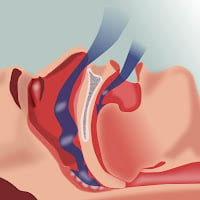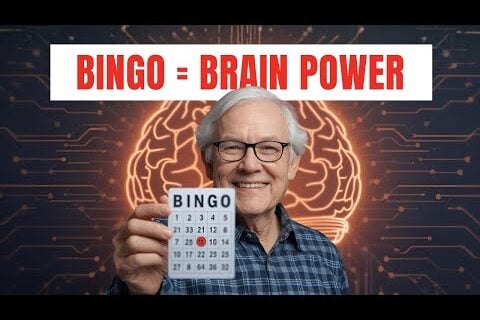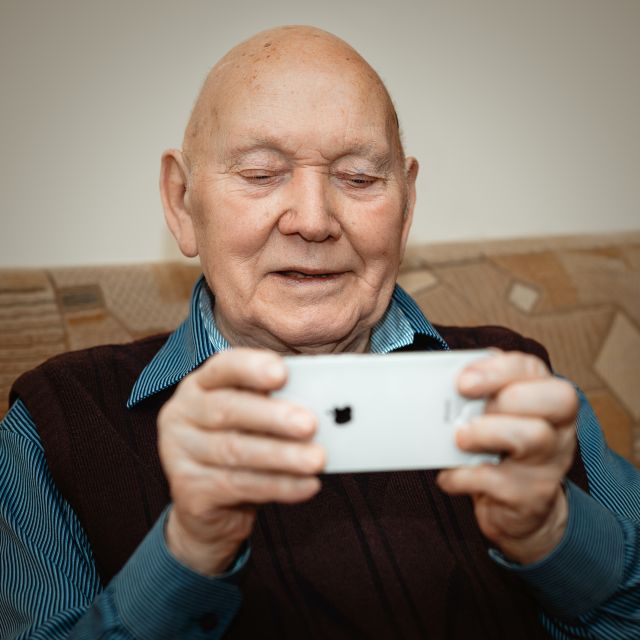
Estrogen Hormone Therapy Inhibits Alzheimer’s Gene
Estrogen showed a protective effect in women carrying the ApoE4 gene. ApoE4 puts people at substantially increased risk for Alzheimer’s. Learn when and how estrogen may protect you.

Estrogen showed a protective effect in women carrying the ApoE4 gene. ApoE4 puts people at substantially increased risk for Alzheimer’s. Learn when and how estrogen may protect you.

Researchers have long connected inflammation & Alzheimer’s. Find out how interleukin-1 beta clarifies that connection. Learn about the Alzheimer’s treatment targets uncovered by this discovery.

How does a healthy brain work? What can we do to keep our brain healthy? Watch this engaging University of California exploration on making neurons “happy”.

See Dr. David Samati explain the important connection between the TREM2 gene and Alzheimer’s disease. Read about its significance.

See Georgia Tech’s simple-to-use computer program that allows adults to screen themselves for
early signs of dementia.

Princeton University set its sights on preventing amyloid-beta plaque, the most notorious culprit behind Alzheimer’s. Using a revolutionary high-volume testing technique, learn about their success with D737.

VIDEO + ARTICLE: Yale researchers have found the debilitating symptoms of Alzheimer’s may be the result of swelling caused by amyloid plaques in the brain.

SLEEP: Research has long connected sleep apnea and Alzheimer’s. A key study looking at Alzheimer’s and sleep-disordered breathing (SDB) is opening up new “chicken-or-egg” questions:

DRUGS: Long-term antibiotic treatment decreased Alzheimer’s-causing plaques in the lab. It also helped the brain fight inflammation by enhancing the neuroinflammatory activity of microglial cells.

CLINICAL TRIALS VIDEO: Thin electrical wires were surgically implanted in the brain of Alzheimer’s patients. Called “Deep Brain Stimulation”, see how this brain “pacemaker” improves

Being deeply loved by someone gives you strength, while loving someone deeply gives you courage. (Lao Tzu)

VIDEO+ARTICLE: Multiple studies affirm bingo exercises attention, memory, and social connection all at once. Learn about its small but meaningful role in dementia care—when used the right way.

Posterior Cortical Atrophy, or PCA, is a specific form of Alzheimer’s that affects the back of the brain.
Author Terry Pratchett was diagnosed with it.

Dietary iron is an essential element in the brain. That’s why it is critical to understand how it affects Alzheimer’s. Researchers used advanced X-ray techniques to take a giant step forward in understanding iron chemistry in amyloid plaque, the main culprit behind Alzheimer’s. Learn more about their exciting new insights.

A deep promise to be there for an Alzheimer’s parent, this heartwarming song was written as a tribute to families facing dementia.

EMERGENCIES due to falling happen 54% more often in dementia. As a rule, 1-in-3 adults over 65 fall each year. Most falls happen at home. Make a few simple changes and prevent falls.

Researchers find education and intellectual stimulation appear to activate a genetic program in the brain that promotes resistance to cognitive decline. Find out more.
No spam, only news and updates.


